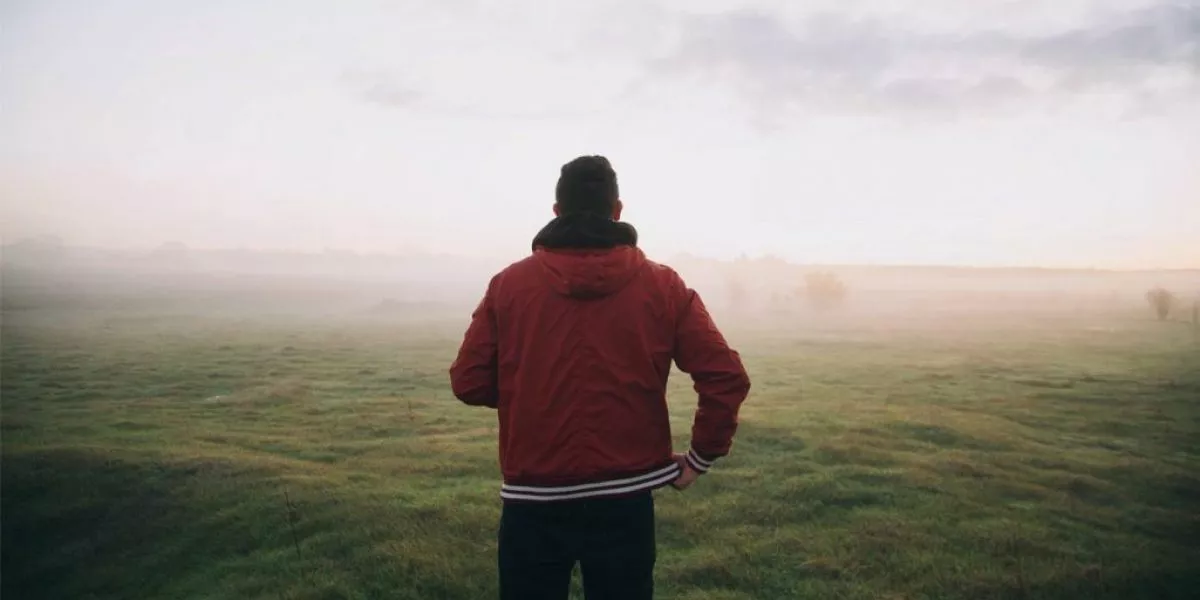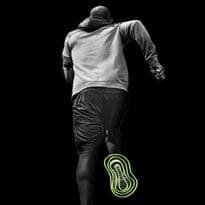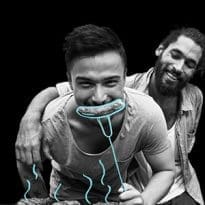Male Mental Health – What It Means To Be A Kiwi Man
Movember has funded a landmark, Kiwi-made show called ‘Man Enough’, which attempts to tackle male mental health in New Zealand, by turning the nation’s traditional concept of masculinity on its head.
Words by Rob Dunne, Movember Foundation NZ Country Manager
TV journalist and host of Celebrity Treasure Island, Matt Chisholm, sets out on an enlightening and deeply personal journey into the hairy world of Kiwi masculinity. From exploring the evolution of the Speights Southern Man, to meeting the new generation of emotionally vulnerable All Blacks, Matt’s thoughtful investigation into the health of Kiwi modern men sees him challenging stereotypes, attending male burlesque classes as well as instigating an all-male, hug-a-thon social experiment.
Along the way, Matt uncovers a shocking truth: suicide is the leading killer of New Zealand men aged 15-44 years. Having personal experience with depression and after losing a friend and fellow TV journalist to suicide, Matt’s determined to find out why we are losing our men.
Compelling, moving and surprisingly funny, this two-part series is markedly upbeat thanks to Matt’s quick-witted banter with the extraordinary people doing brave and life-changing work around the country in order to encourage men to speak out. Immersing himself in different movements and worlds, Matt visits rugby clubs, construction sites, boardrooms, men’s barbershops, and boxing gyms to see how certain men are redefining what it means to be ‘man enough’.
Rob Dunne, Movember NZ, says, “We’re very proud to be involved in bringing Man Enough to our screens. We know from similar examples, that mass media intervention can have a positive impact on behaviour change and pave the way for vitally important conversations in our communities.”
Jacqui Maguire, Clinical Psychologist and mental health advocate for Movember says, “In elements of Kiwi culture, you can still uncover an outdated and unhelpful concept of masculinity. The historic ‘Southern man’ image suggested that New Zealand men should be tough, independent and without vulnerability. This stereotype has been interpreted by some sectors of society (particularly in rural NZ) as a guidebook for being male.
“Many New Zealand men experience distress, and often in silence. Last year, 498 men committed suicide, which is 2.7 times the number of women. However, statistics show that women have higher rates of distress and mental illness. Something is getting in the way of Kiwi men seeking support. This is a silent pandemic killing our boys and men and it needs to be addressed.”
Filmed during the Covid-19 pandemic lockdowns, the significance of the series was brought to the fore, as New Zealand, along with the rest of the world, experienced heightened financial pressure, uncertainty about the future, job insecurity and relationship stress.
Movember research conducted earlier this year found nearly a quarter of men globally (23 per cent) reported their mental health had worsened in the first six weeks of the Covid-19 pandemic, while almost a third of men (30 per cent) noted increased feelings of loneliness.
Maguire says, “Many of the men interviewed in Man Enough spoke about feeling alone with their distress. Loneliness is a significant mental health and wellbeing risk factor and can exacerbate people’s challenges. We need to teach our men from childhood how to form intimate friendships and relationships; where those suffering feel able to share and those supporting know how to listen and respond effectively.
“Man Enough features a number of locally run organisations that have taken it upon themselves to educate and upskill Kiwi men in mental health and wellbeing, such as Mates in Construction, an organisation established to advance mental health support and understanding in the construction industry. Whilst it is heartening to see communities coming together to support mental health, Man Enough has highlighted the strain placed on the health system and resources,” says Jacqui.
Dunne says, “It’s our hope that Man Enough encourages men from all walks of life to take a more positive and healthy view of what it means to be a Kiwi male.
We’re losing too many great men and boys to suicide and it’s critical we make significant changes to our culture, social structures, and health systems to improve the mental wellbeing of our men. The series is a step in the right direction and we’re encouraged by the positive impact seen from the show.”
Maguire is also hopeful that the show has opened the door wider for Kiwi men to speak up and share in conversations about mental health and suicide.
“Man Enough has demonstrated that there are New Zealand men and women dedicated to uplifting the mental health levels of our boys and men. The next step is to examine what evidence-based skills and strategies are available to proactively bolster nation-wide wellbeing,” says Maguire.
Man Enough is produced by acclaimed Wellington-based production house Gibson Group and is available to stream now on TVNZ OnDemand.
Get Involved
Patchy, lopsided, itchy or epic – whatever Mo you grow this Movember, your face will raise funds and awareness for men’s health.
Host A Mo-ment
Rally a crew and do something fun and easy, virtual or in person. Hosting is all about having a good time for a good cause.
Make a Move
Run or walk 60km over the month. That’s 60km for the 60 men we lose to suicide each hour, every hour across the world.





